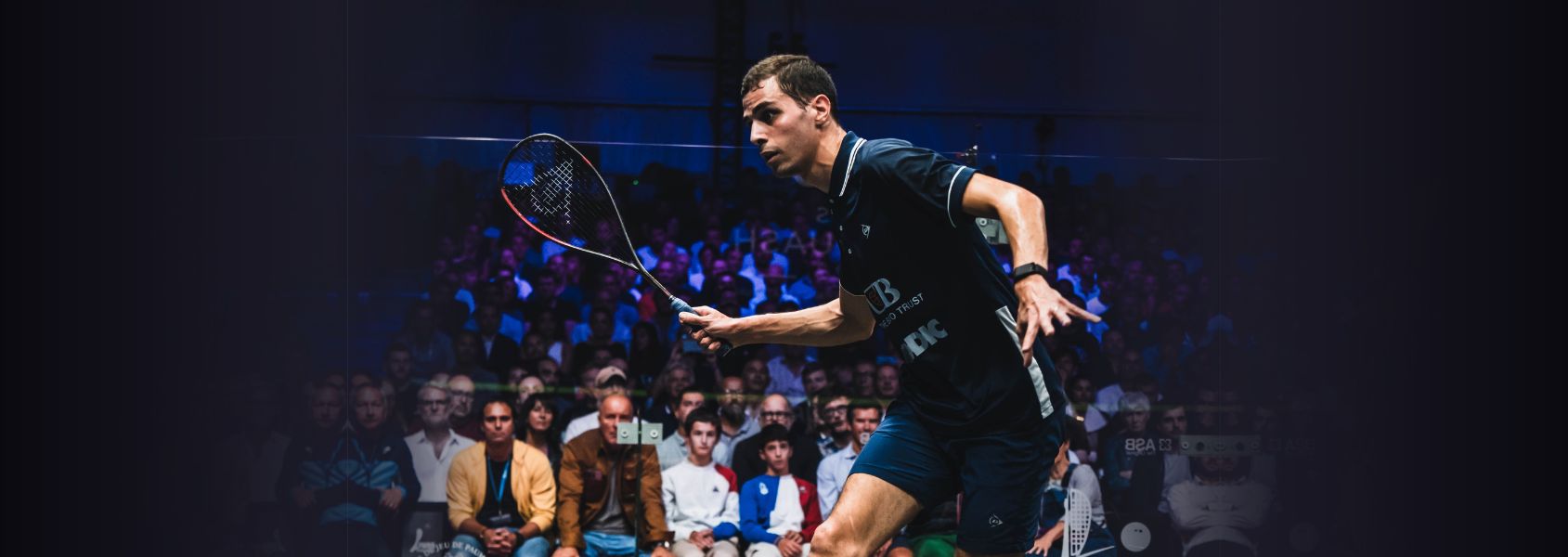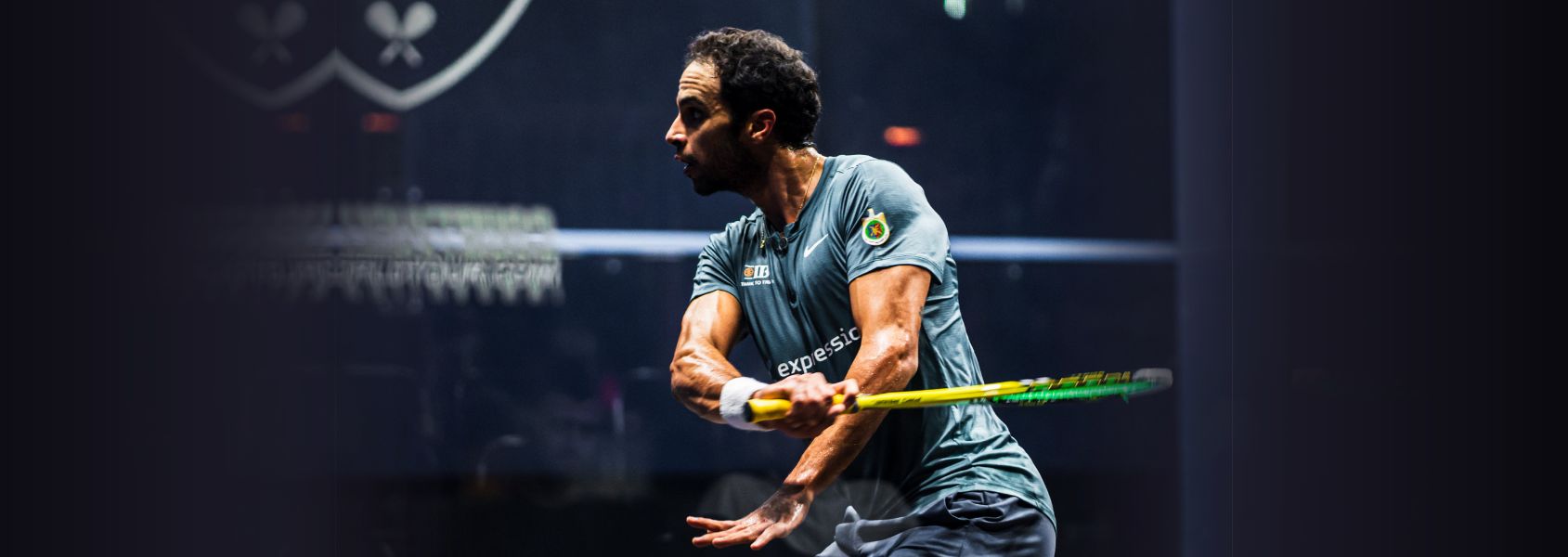Zero To Hero: Key Technical Elements – Mastering the Fundamentals of Squash
10th July 2024
Improving your squash game starts with mastering the fundamentals. Here, we’ll cover some crucial technical elements to help you build a strong foundation, focusing on key non-negotiables like grip and basic stroke techniques.
Zero to Hero: Mastering Squash Fundamentals
2nd July 2024
Squash is a game of finesse, strategy, and athleticism, and focusing on key elements is crucial. Here, we break down the five fundamental areas that will transform your game: technique, movement, tactics, mindset, and rules.

